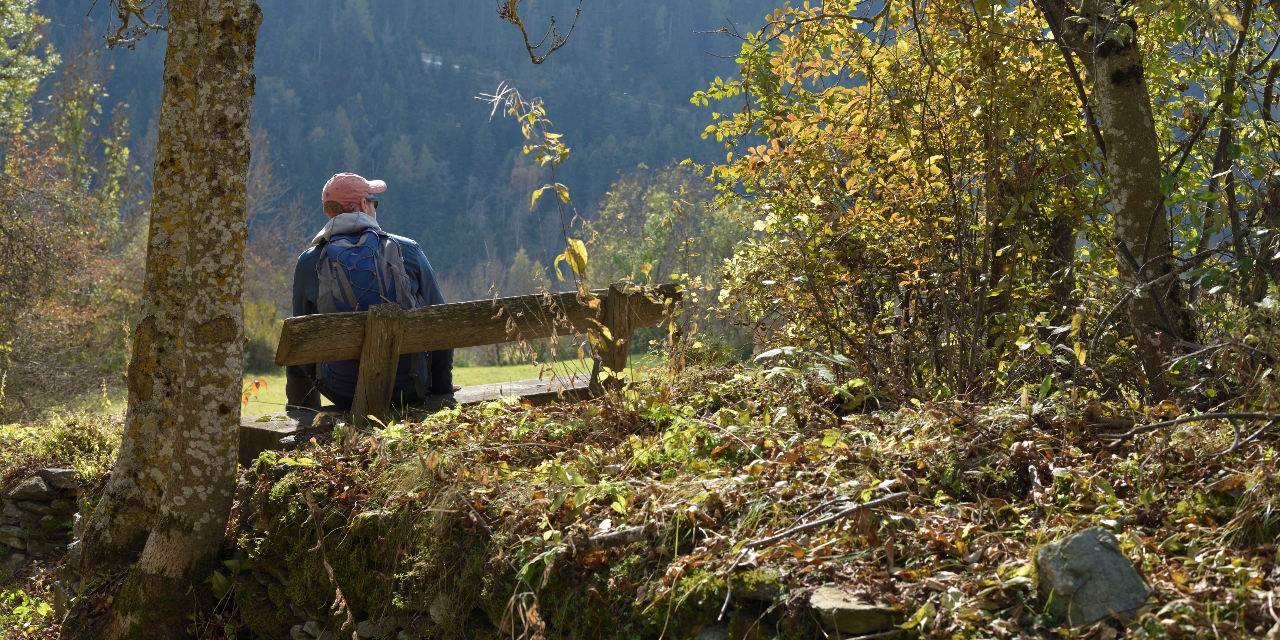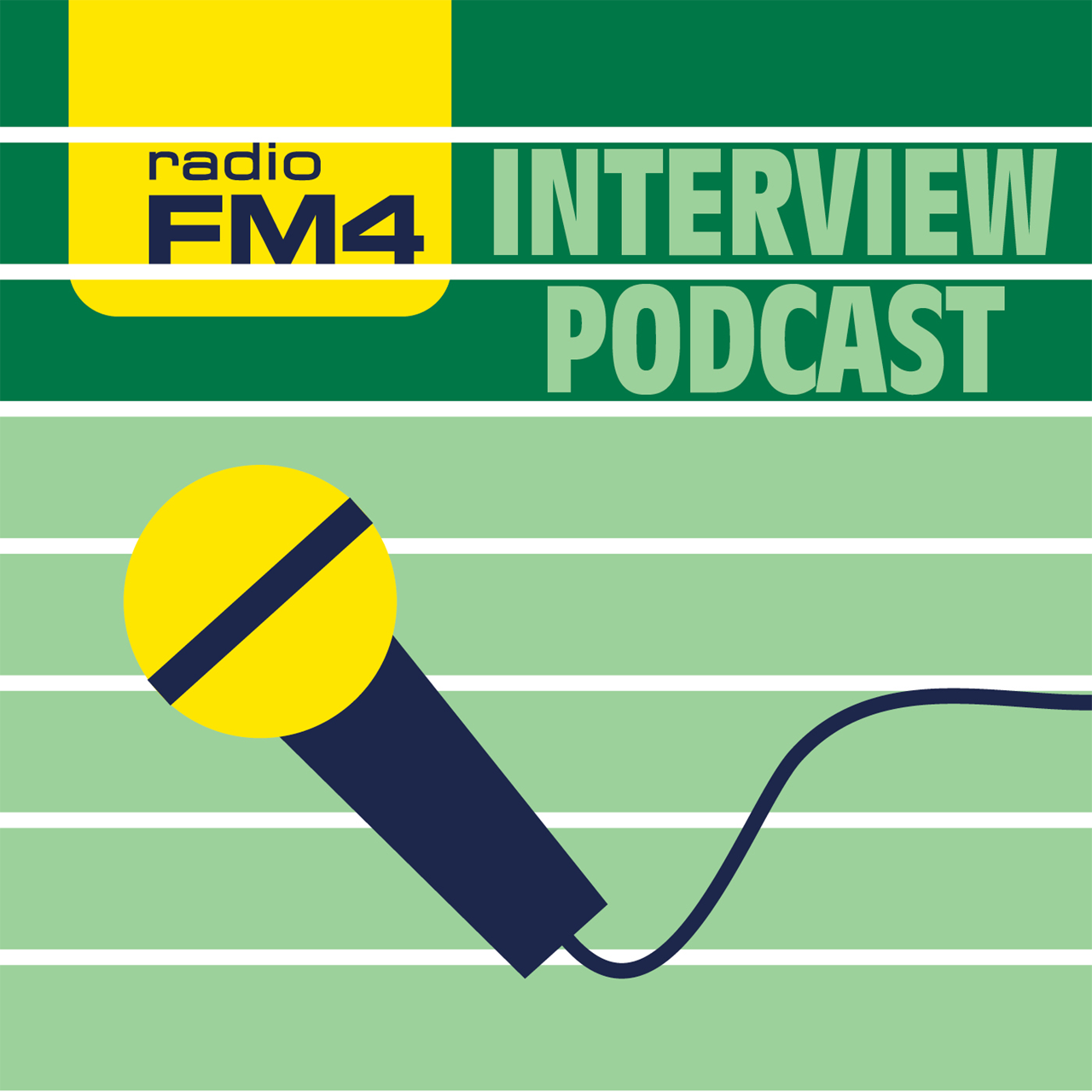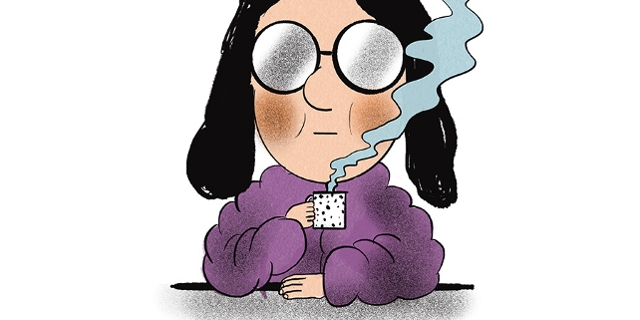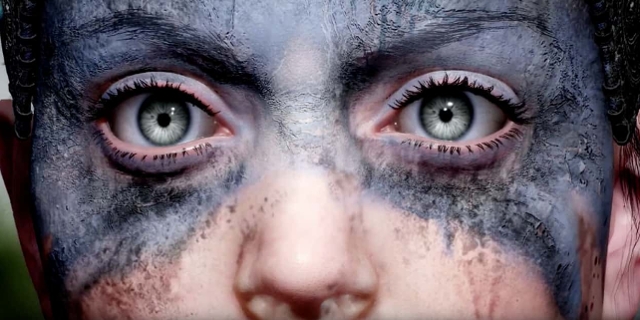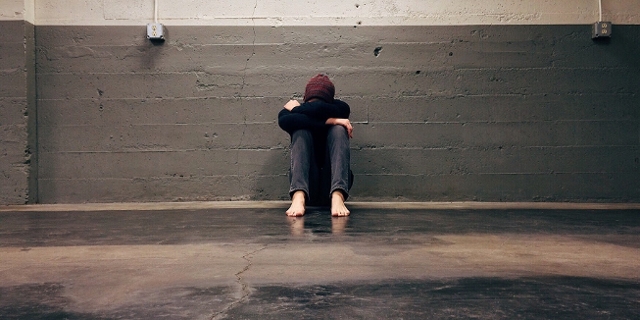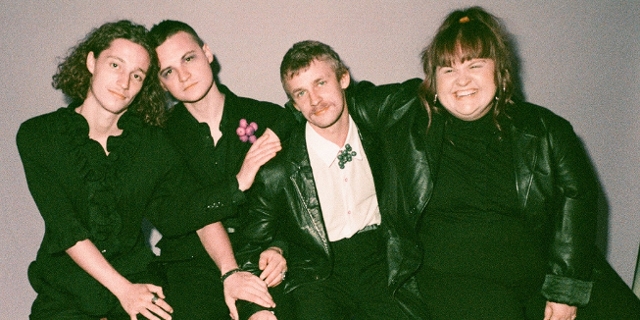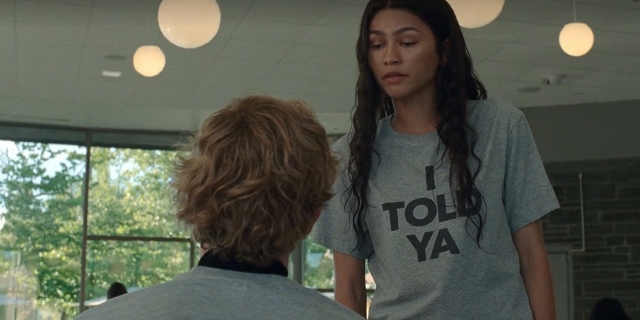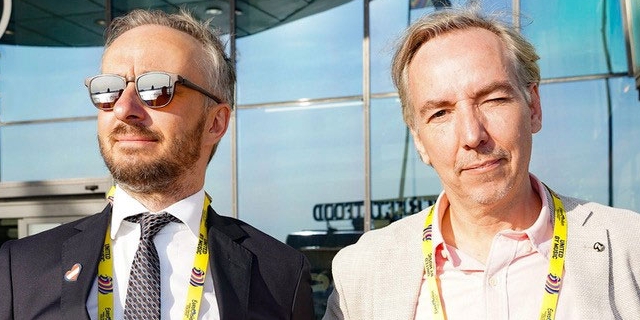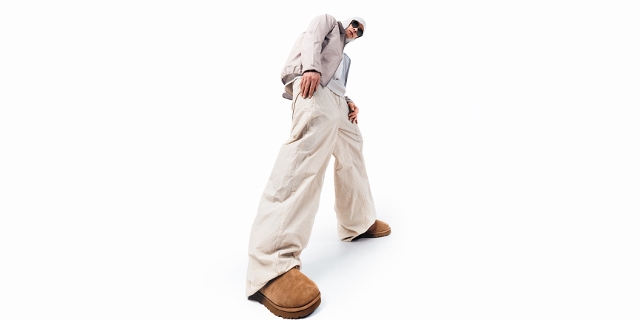The Healing Power Of Nature
Isabel Hardman, the assistant editor of the political magazine The Spectator, was the youngest ever winner of the British political journalist of the year award. Then a year later, aged 30 and while covering the Tory party conference, she had a mental breakdown. It saw her reduced from being a master wordsmith to “a gibbering wreck” and ultimately being sedated in a hotel room and compelled to take a long spell of sick leave.
The breakdown didn’t come out of the blue. She was diagnosed with post-traumatic stress disorder (PTSD) following what she calls “a serious trauma in my past”. She had tried, as many people do, to bury this emotional wound in work which had allowed the wound to fester until it had totally overpowered her.
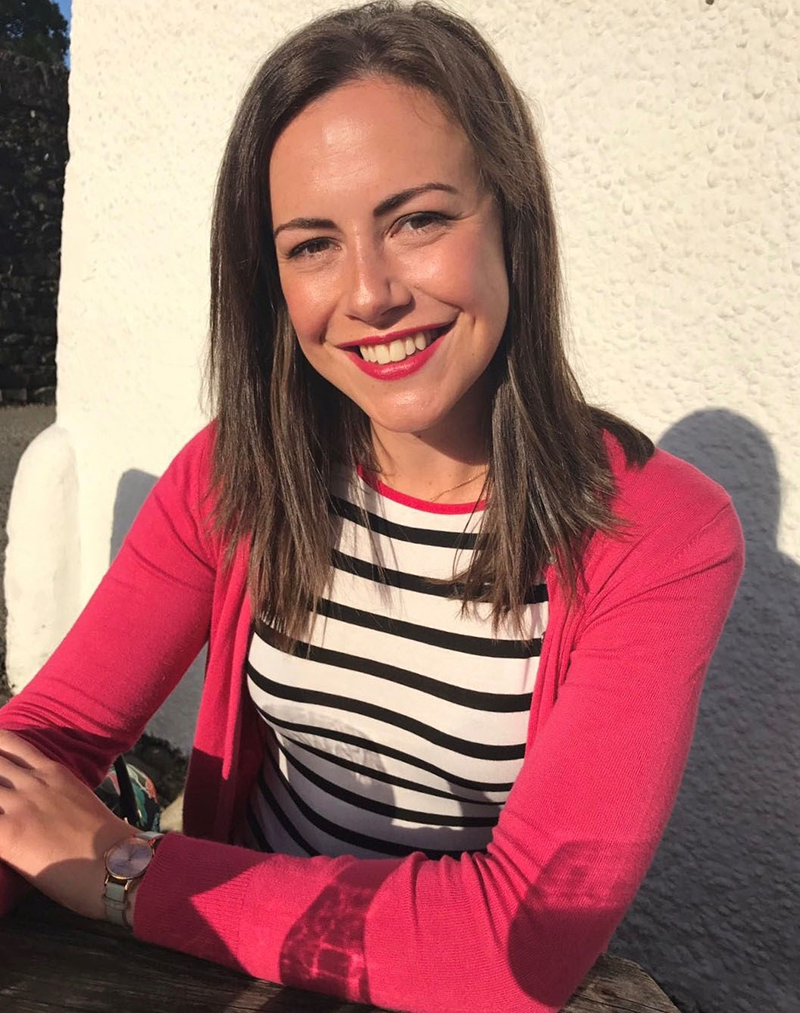
Atlantic Books
Her long recovery involved prescriptions for the usual drugs and talking therapy, but also an intense rekindling of her relationship with the natural word. She had mentioned to a therapist that her happiest childhood memories were of tending her own plot in the family garden. Following her psychiatrist’s advice, she started to re-engage with what she continually calls “the great outdoors” as a path back to health.
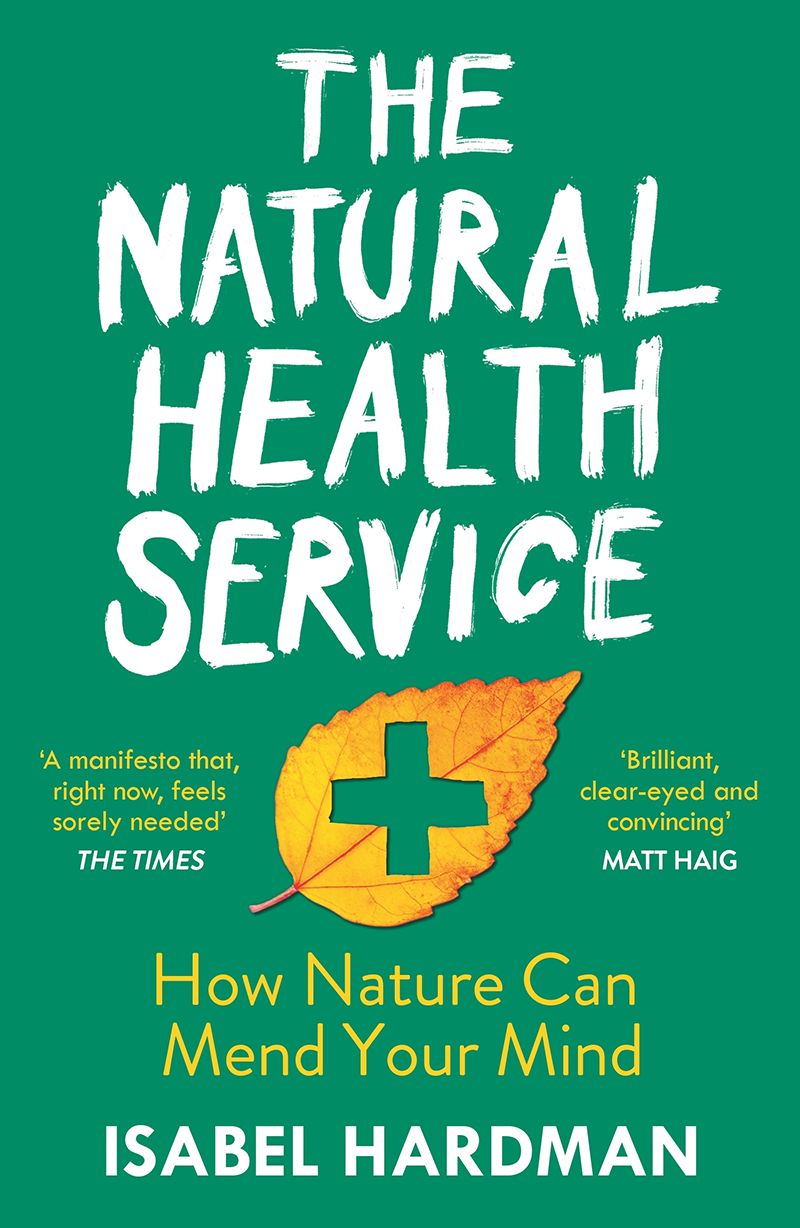
Atlantic Books
A Wild Pill
The result is her book “The Natural Health Service”, an engaging and wide-ranging study on the natural world’s positive impact on mental health.
She has narrated the audiobook version herself, so I listened to it in two massive gulps, one while riding my bike steadily along the traffic-free path along the Danube and the other while walking through the Vienna Woods. Each time I felt a bit naughty, because the key message of the book is to shut down those addictive electronic devices and just listen to nature. Still, I learned a lot; and as much about my own attitudes to mental health as about nature.
Over the course of the book, we follow Hardman tracking down rare orchids, trying out birding, examining the culture of allotment keeping, running and hiking; all the while tracking these activities’ impact on her own mental health and on the many fascinating characters she meets along the way.
Confronting „Madness“
The issue is very serious and yet the book is a charming read because Hardman refuses to take herself too seriously. She even describes herself as “mad”. It’s a blunt term she wouldn’t use for anyone else, and that I would obviously use for her, but you feel this sense of self-irony and indelicant irreverence has helped her deal with those tricky situations that the taboo surrounding mental health issues have created. You know, those moments when your friends and family are all too quick to put the on kid-gloves and talk around the problem.
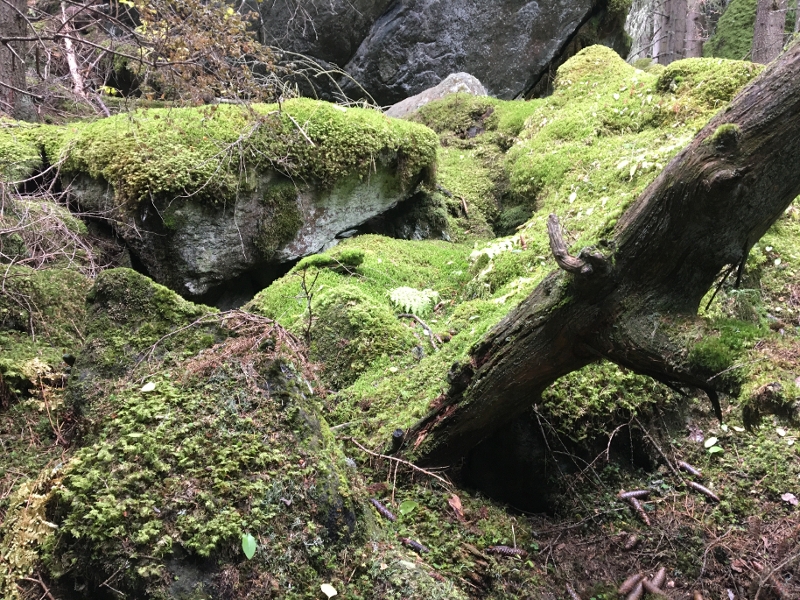
Chris Cummins
Identifying With A Dead Tree
The book, with its refreshing hints of dark humour, even made me laugh out loud (which probably scaring the squirrels in the woods where I was walking). In one chapter Isabel has overcome her prejudices and joined a “Forest Bathing” session in which, having walked incredibly slowly in woodland, for two hours, she is encouraged to find a tree that she can identify with. She finds a particularly attractive young oak and tries to relate her story to its brave attempts to thrive in a competitive forest. A perfect metaphor of hope against adversity. Then she realizes the tree she has related to is in fact dead. She cycles home in a fury.
And of course, being a prize-winning journalist who is instinctively skeptical of any “mumbo-jumbo”, she researches the hell out of all the various strands of nature therapy, separating the wheat of scientific fact from the chaff of exploitative marketing. She wants proof of benefit not a snappy Instagram posting and she admits to not even understanding the vague concept of “mindfulness”.
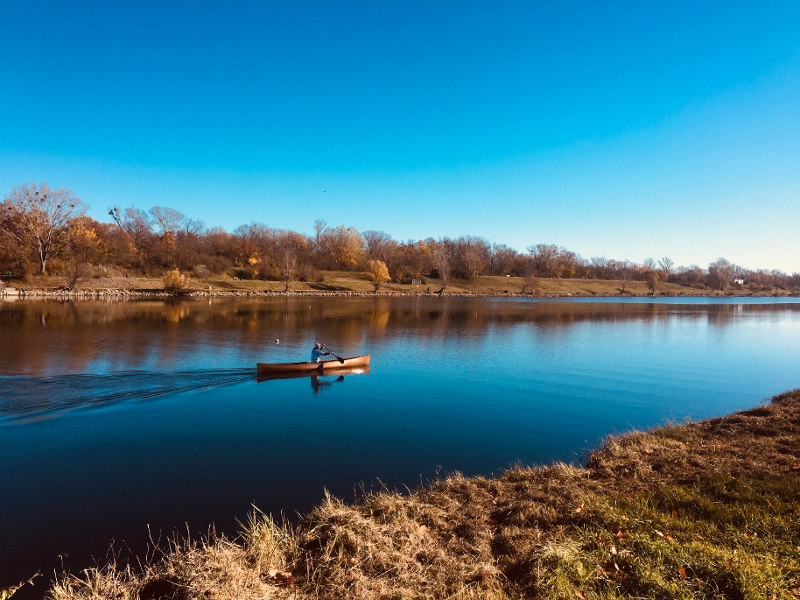
Chris Cummins
She’s also impatient with the idea that an ice-swim or a long walk can “cure” mental illness; overcoming a trauma can be a decades long endeavor and can’t be trivialized.
When we have no diagnosed psychological issues, should take all take care of our mental health. In the same way that we should try to eat balanced diets, excercise and avoid cigarette smoke and pollutants for our physical health, we should pay attention to techniques to keep our mind in balance. But dealing with PSTD or schizophrenia can’t be cured by a bout of forest bathing and positive thinking.
Being a history buff, I particularly enjoyed how Hardman delving into the history of nature therapy: referencing the London’s Bethlem Hospital, nicknamed Bedlam. It was rebuilt in 1676 with opulent cardens, and while the exploitation of the patients as entertainment was notorious, its understanding of the healing power of nature was pioneering. The medics observed how patient’s conditions would improve markedly when they were allowed to work in the beautiful gardens.
A Charming Summary of Knowledge
As that last sentence suggests, none of the ‘revelations’ in this book are particularly new: social media make us feel insecure, smart phones make us anxious, age-old trees give us perspective, running makes us feel good. We know all of this. But, through an easy mix of her diligent research and personal experimentation, Isabel Hardman ties the many strands of theory neatly together into a solid tale. And the book is timely. Surely this pandemic, caused by a zoonotic jump due to biodiversity stress, is a moment to reflect that we have ignored the natural world to our detriment.
It is also a cry for action. Children need to be taken into the wilds before they suffer “Nature Deficit Disorder”, access to nature has to become simpler for the poorer sections of society, and medics have to realize that you can’t just solve complicated mental traumas by stuffing patients full of pills.
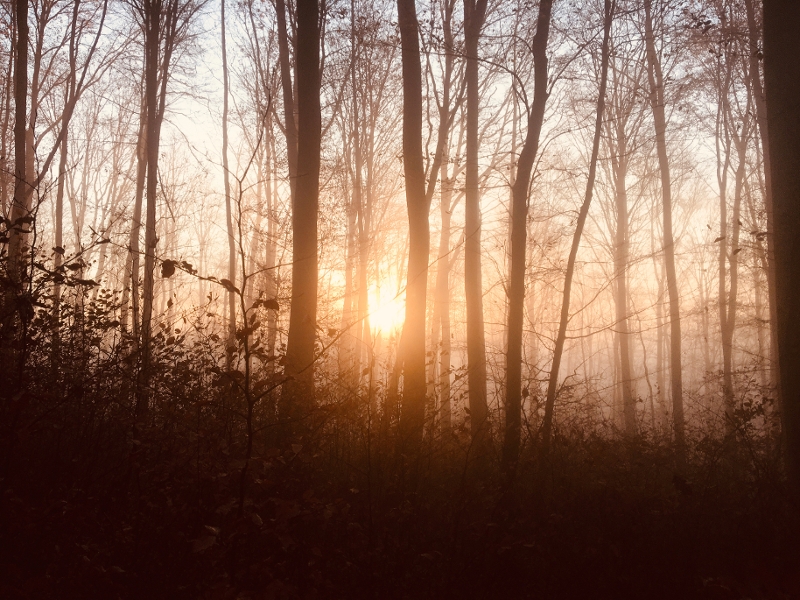
Chris Cummina
On a personal level, I also found that Hardman was the right person to tell me this story. It’s not just because her own mental illness means she is telling the story from the passionate perspective of a patient, rather than the dispassionate perspective of a doctor. It’s also because I had long admired Hardman as a sharp-witted and humane voice before I had even heard of her mental trauma. She’s a brilliant analyst at the Spectator and a regular panelist on my favourite news comedy radio show.
It is often easy to patronize people struggling with mental illness. I found it powerful to hear this story from someone who I have always looked up to, and who is prepared to be very candid about her own fears and anxieties This honesty is the strength to control the narrative of human weakness and his hugely admirable.
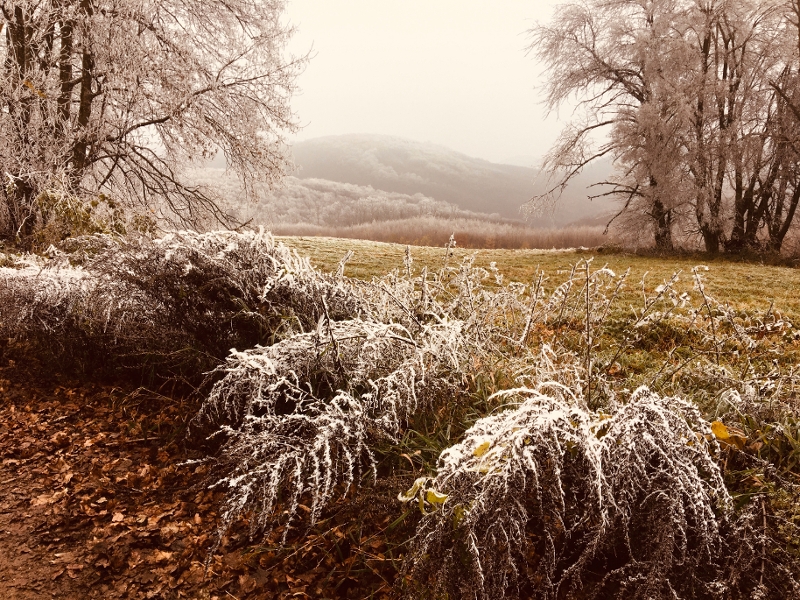
Chris Cummins
Beyond the science, The Natural Health Service made me think. I think I’m often guilty of insensitively wishing people would “just pull themselves together.” But, as Hardman emphasizes, that’s not how mental illness works, and there is no quick fix. Maybe it took this book from someone I admire to get this important message through my thick-skull, and, if so, these 8 hours of listening were 8 hours well spent. But next time I go for a long walk in the woods or a ride by the Danube, I think I’ll keep my I-pod in my pocket and just listen to those birds.
Publiziert am 24.02.2021







